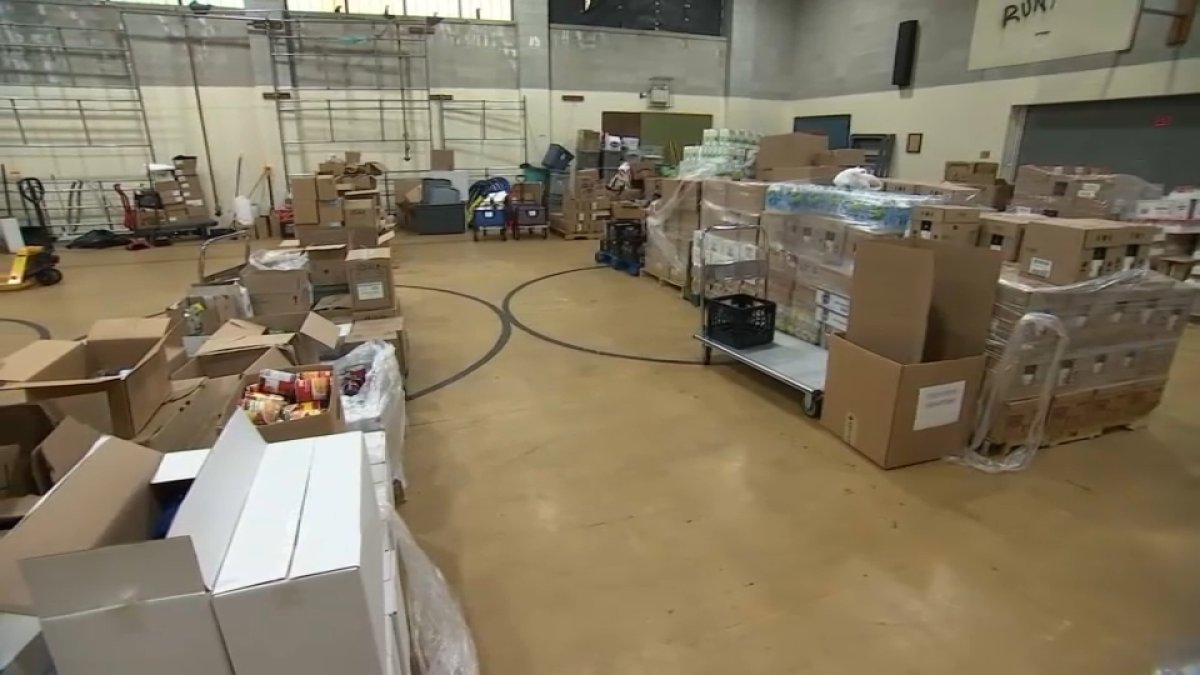

Harriet Noble for Studio PI
Currently being physically lively is 1 of the extremely best matters we can do to preserve our bodies and minds working well and cost-free from illness. But whether you like exercise or not, sifting via the deluge of investigate, fads and conflicting advice can be frustrating.
The hottest New Scientist Necessary Guidebook delivers you with all the proof-dependent solutions to your training thoughts. To celebrate its release, we are generating seven of our most well-liked in-depth article content that probe the science of health totally free to read through until 27 March.
Irrespective of whether you are on the lookout for tips for marathon teaching or wanting to know how lots of ways you actually require to get every single working day, unlock your no cost access to these premium content by clicking by way of and registering as a newscientist.com consumer for totally free.
How numerous ways a day do you actually will need?
10-thousand measures a working day has grow to be a commonly adopted focus on for day-to-day physical activity. Yet did you know that this variety wasn’t borne out of science, but was as an alternative a advertising and marketing software when the very first commercial pedometer went on sale in Japan? In this short article, we flip to the Hadza people in Tanzania, who are living a hunter-gatherer way of life – and have exceptionally good cardiovascular well being – to come across out what we really should actually be aiming for. Spoiler: it is not 10,000.
How versatile do you definitely will need to be?
Quite a few people try to touch their toes or do the splits, and we have a tendency to consider that getting flexible will assist with issues like agony and posture. In truth of the matter, stretching can be beneficial, but most likely not for the reason you think.
Why undertaking additional exercising won’t assistance you burn far more calories
For lots of of us, workout is section and parcel of trying to preserve a healthier bodyweight. The assumption has prolonged been that the calories we melt away off will need to exceed the calories we consume through our diet plan if we want to reduce body weight. But, in recent yrs, perform by Herman Pontzer at Duke College in North Carolina and his colleagues has revealed a startling new comprehending of metabolic rate.
Their perform indicates that people who are really lively burn off about the same energy as individuals who sit all working day operating at a desk. What is heading on, and what does it imply for our wellness and our waistlines?
Is running or strolling far better for you?
It is no mystery that work out is remarkable for our overall health, but when it will come to the form of workout you do, how a great deal you do and how generally, factors get a lot more complicated. Choose the issue of jogging: we know it gets the coronary heart pumping with added benefits for body and brain, but for some people, the incredibly imagined of likely for a run delivers discomfort and dread. In this posting, we question no matter if it is seriously essential to pound the pavements or if a leisurely wander can do the position. Whichever camp you are in, there must be some welcome information.
Why strength coaching could be the ideal point you do for your wellbeing
Now you have resolved regardless of whether to run or wander, get a pause to study this post right before you lace up your trainers. When it will come to conditioning, setting up muscle mass energy has lengthy played next fiddle to cardio physical exercise, probably due to the fact quite a few persons consider lifting weights is all about building up major biceps. But toughness education has some incredibly astonishing effects on our wellness, such as enhancing cardiovascular exercise, and could add many years to your everyday living and safeguard you from some important killers. Skip it at your peril. The very good news is that you really do not want to pump iron to get the boost.
How to keep away from hitting the wall when working a marathon
When it will come to workout guidance, there are some phenomena wherever it definitely allows to have science on your facet. 1 of these is hitting the wall through a race, aka “bonking” – that emotion wherever your legs switch to jelly and you feel you just just can’t go on. We know this is the result of vitality outlets operating lower, but science can now aid describe why it only transpires to some people today, some of the time, and present handy strategies to stop it happening to you. If you’re instruction for a extensive operate, this is a must-read.
How the way you shift could alter the way you imagine and sense
Eventually, let us acquire a seem at what exercising can do not for the system, but for the mind. The probable impacts in this article are far-reaching, but science journalist and writer Caroline Williams has actually prepared the e-book on the strong mental outcomes of exercise. In this write-up, based mostly on her e book Shift, you will explore that whatever it is that you want from your thoughts – additional creativeness, improved resilience or bigger self-esteem – the evidence exhibits there are strategies of moving the physique that can enable.
New Scientist’s Crucial Guideline No16: Exercising
For an in-depth guideline to exercise, what it does to us, how a lot of it you need and how to make it a lot easier to do a lot more, check out the hottest New Scientist Necessary Information, accessible in print and in the New Scientist application.
Subjects:






